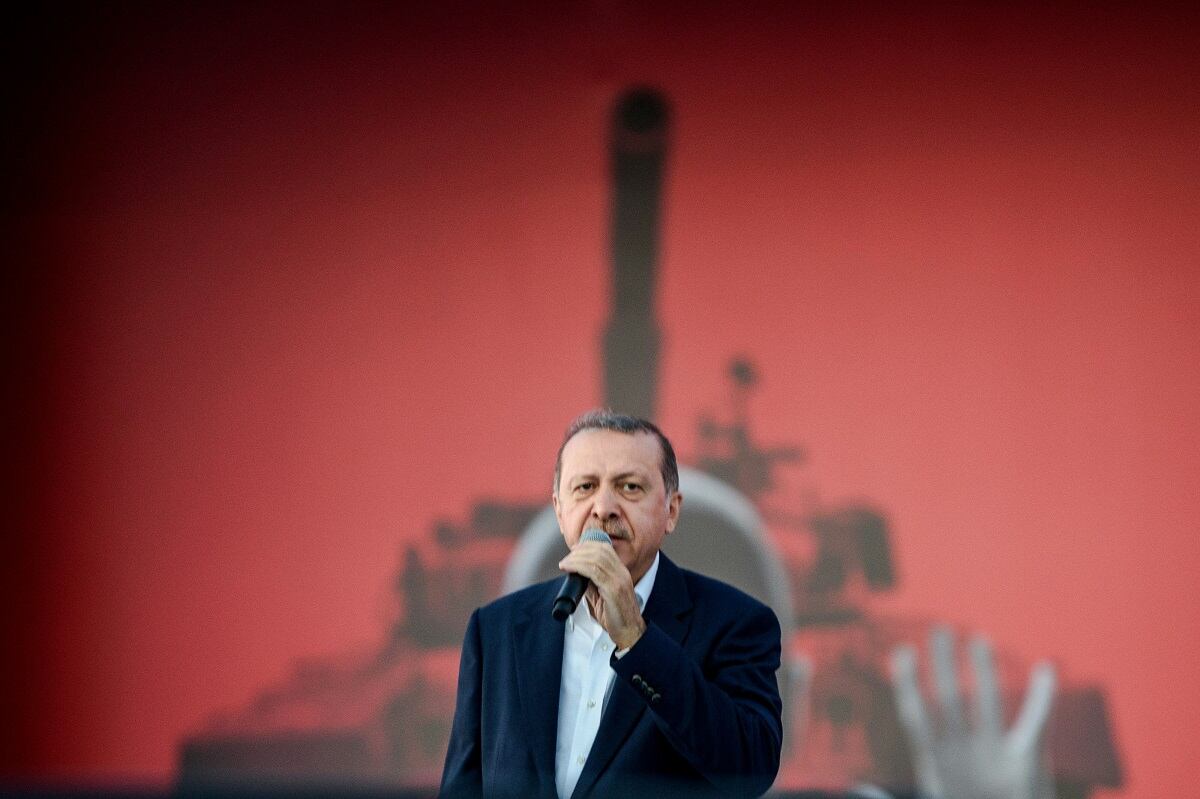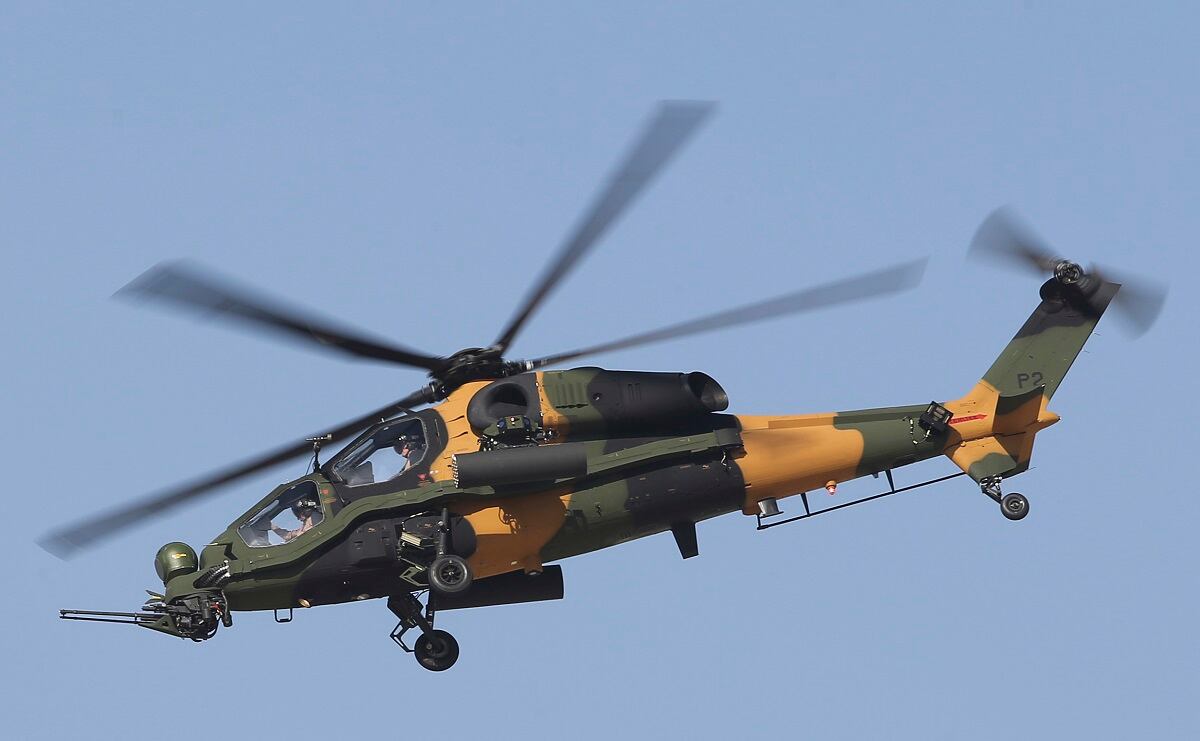ANKARA, Turkey — More than two decades after the program was officially launched, Turkey has signed a contract for the serial production of the country’s first indigenous, new-generation main battle tank, the Altay.
The multibillion-dollar contract was signed Nov. 9 between Turkey’s defense procurement authority, the Defence Industry Executive of the Presidency (or SSB, formerly SSM) and Turkish-Qatari armored vehicles manufacturer BMC, which has close links to Turkey’s ruling party. Officials did not reveal the contract price.
The contract involves the production of an initial batch of 250 units, life cycle logistical support, and the establishment by the contractor of a tank systems technology center and its operation. As part of the contract, BMC will also design, develop and produce a tank with an unmanned fire control unit.
The first Altay tank will roll off the assembly line within 18 months, according to the contract.
According to Ahmet Raci Yalçın, head of the land vehicles department at SSB, the Altay program will materialize in two phases: T1 and T2. T1 covers the first 250 units, he said, and the T2 phase will involve the advanced version of the Altay.
Ismail Demir, the head of SSB, said: “This contract is the joint work of the parties (SSB and BMC) for the optimal production of a cost-efficient tank.” He added that the Turkish government has not ruled out partnerships, cooperation and support with and from foreign entities.
RELATED

He also noted that the government expects BMC to deliver unmanned armored vehicles solutions.
Despite plans for the Altay to be the “best tank in the world” (in the words of BMC Chairman Ethem Sancak), industry sources and experts are questioning the program’s future.
“No one knows if, as originally planned, the Altay would be powered by a German-made engine (from MTU) and a German-made transmission mechanism,” one source said. “There are big questions marks about the armor and the active protection system. … And of course, if the Altay will feature German know-how, will it be on the market with German export licenses, or restricted for sales abroad, or even deployed for certain sensitive missions like in Syria or Iraq?”
Demir, however, is confident Turkey “will not allow any restrictions” in regard to indigenous programs with foreign know-how, including the engine. In other words: BMC will use foreign engines in the first Altay tanks due to “time limitations,” but ultimately Turkey wants to maximize locally made parts for its indigenous programs.
In terms of where this foreign technology will come from, A London-based defense expert noted that a potential German blockade could mean “BMC will not have too many options and may have to go non-NATO, like Russia or Ukraine.” Such a move would be the second major defense contract that Turkey — a NATO ally — would sign with a non-NATO country, after the government’s decision to acquire and deploy the Russian-made S-400 air and anti-missile defense system.
Security experts say Turkey’s regional rivals, as well as state and nonstate entities Turkey views as security threats, are closely watching the Altay’s progress.
“The future pace of the Altay program and potential technological and financial snags it may face will be watched closely by Greece, Syria, Iraq and, to a lesser degree, by Russia,” said Ahmet Doğan, vice president of the Ankara-based think tank Sigma.
RELATED

In April, the procurement authority SSB, then SSM, announced that it selected BMC as the winner of the Altay contract. BMC defeated Otokar, an armored vehicles producer that built the Altay’s prototype, and FNSS, another privately owned armored vehicles maker.
In 2008, Otokar, Turkey’s largest privately owned defense company, signed a $500 million contract with SSM for the development and production of four prototypes of the Altay. The prototype contract did not involve serial production.
BMC is a partnership between a Qatari investment fund and a Turkish venture, whose partner, Sancak, also sat on the executive board of Turkey’s ruling Justice and Development Party.
Under the original program, Turkey wants to produce an eventual batch of 1,000 Altays.
Burak Ege Bekdil was the Turkey correspondent for Defense News.








